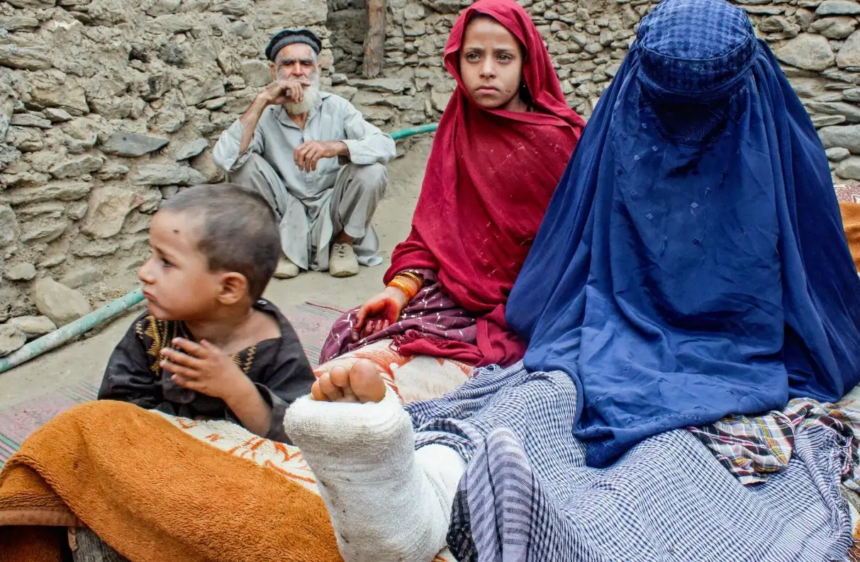RASC News Agency: The World Health Organization (WHO) has issued a stark warning to the Taliban after mounting reports revealed that the regime’s gender-based restrictions are actively obstructing humanitarian relief and costing lives in earthquake-ravaged eastern Afghanistan.
In a statement released on Monday, September 8, through its official social media channels, WHO demanded that the Taliban immediately lift their bans on female aid workers and allow them to provide life-saving care without the discriminatory requirement of a male guardian, or mahram. The organization stressed that humanitarian principles must prevail over the Taliban’s oppressive codes, warning that denying medical care to women in crisis is both unlawful and lethal.
Dr. Mukta Sharma, Deputy Representative of WHO in Afghanistan, underscored the critical shortage of female health staff in quake-hit provinces. She described the Taliban’s policies as an escalating humanitarian emergency: “Blocking female professionals from working in these areas has become a major barrier to delivering essential services to women in desperate need. These restrictions are not only unethical—they are deadly.”
Reports from local residents and aid agencies confirm the devastating consequences. In some districts, Taliban enforcers have even prevented male doctors from treating injured women, resulting in avoidable deaths. Witnesses described how women suffering from trauma, internal bleeding, or premature labor were left untreated until it was too late. According to humanitarian monitors, several women—including pregnant survivors—have lost their lives simply because the Taliban placed ideology above humanity.
Eyewitnesses further report that the Taliban’s Ministry for the Promotion of Virtue and Prevention of Vice has stationed patrols inside disaster zones, where its agents harass and expel male medics who attempt to assist female patients. This intrusion, aid workers say, has paralyzed relief efforts and created a climate of fear in which even international organizations struggle to function.
Humanitarian officials have also confirmed that dozens of female aid workers from Kunar and Nangarhar were blocked at Taliban checkpoints and forced to return to Kabul instead of reaching the devastated areas. The regime has ordered international NGOs to assign a male guardian for each female worker—an impossible demand that would double costs, vehicles, and staff. Humanitarian organizations have condemned the rule as “logistically unworkable, professionally irresponsible, and morally indefensible.”
Several NGOs have pointed out that many women professionals either do not have male guardians available or their spouses are engaged in other duties. Yet Taliban officials, particularly those tied to the vice and virtue police, remain uncompromising, boasting that they are “implementing Sharia” and that no exceptions will be tolerated.
The consequences are catastrophic. Women—the group most acutely in need of medical assistance—are left without care in the aftermath of a natural disaster. The Taliban’s restrictions not only deepen the suffering of quake victims but also sabotage the very humanitarian response that could save lives. Aid organizations warn that such policies risk driving Afghanistan into further isolation, as donors and relief agencies question the viability of operating under a regime that actively weaponizes women’s rights and obstructs emergency relief.
Ultimately, the Taliban’s actions lay bare a grim reality: even in the face of natural catastrophe, the regime prioritizes ideology over humanity, turning disaster zones into theatres of control where Afghanistani women pay the heaviest price.






